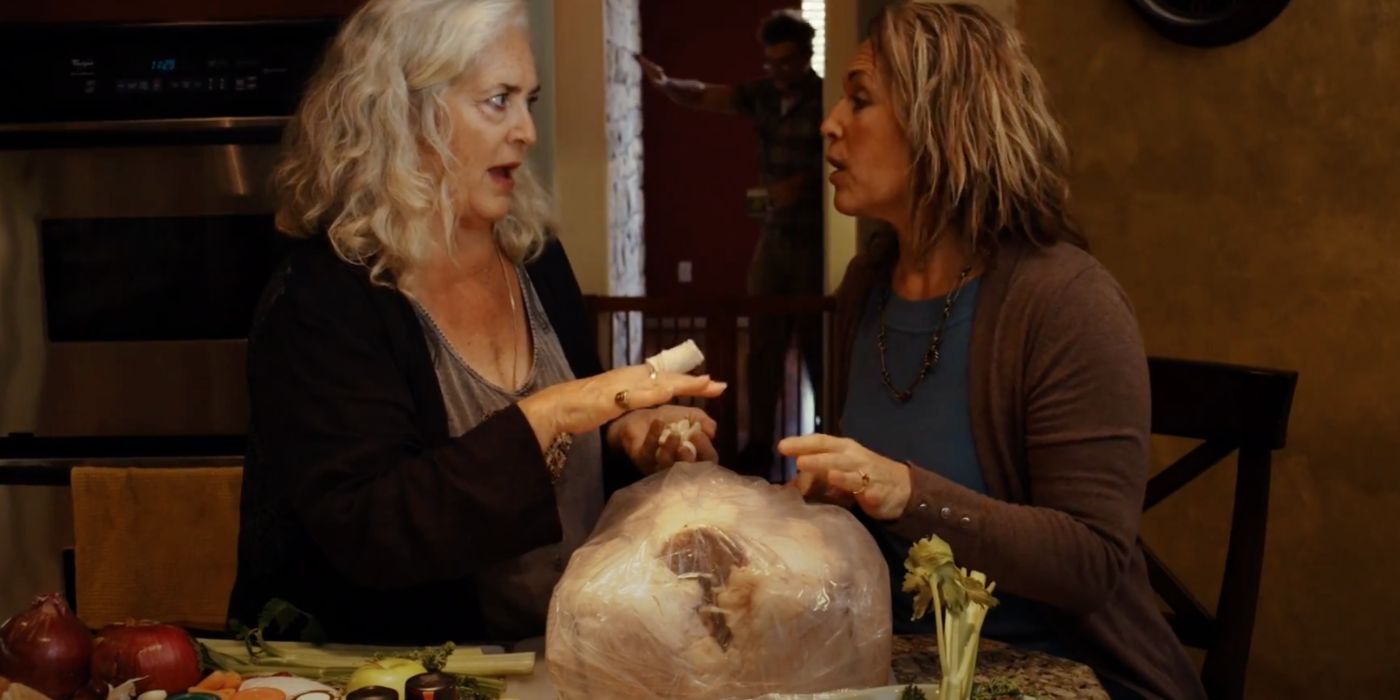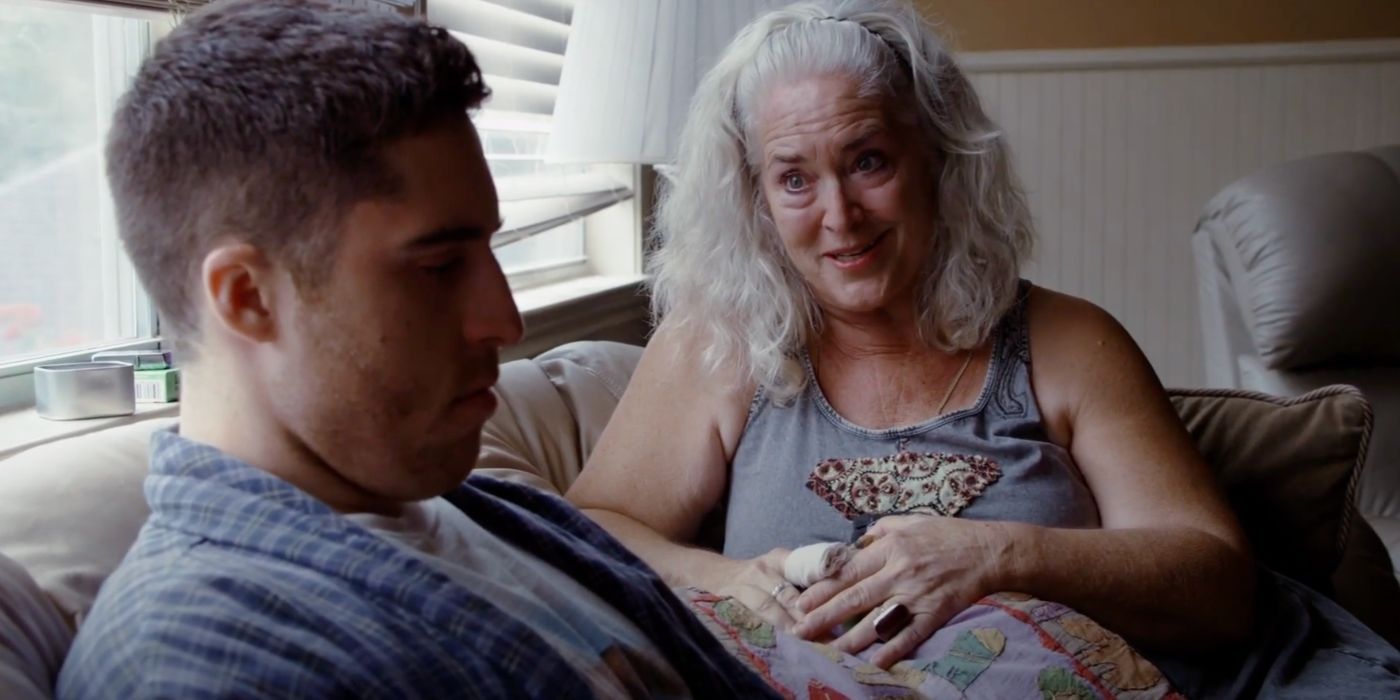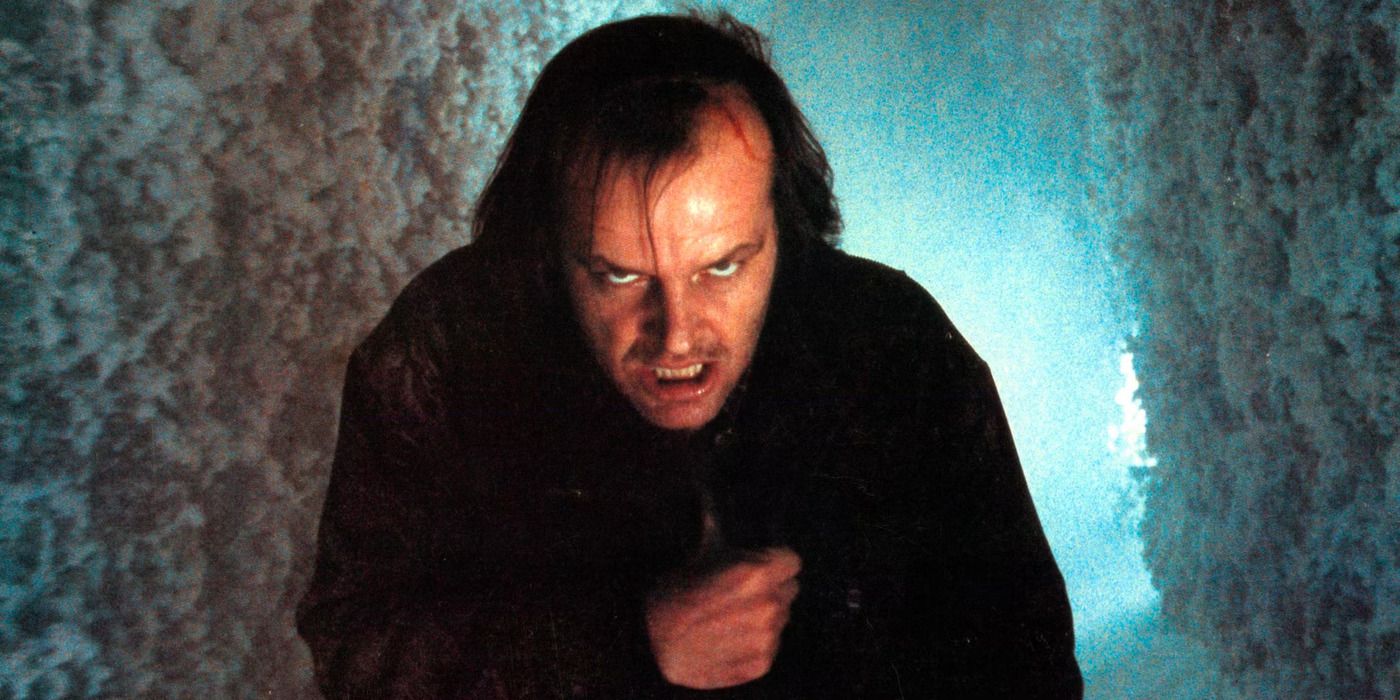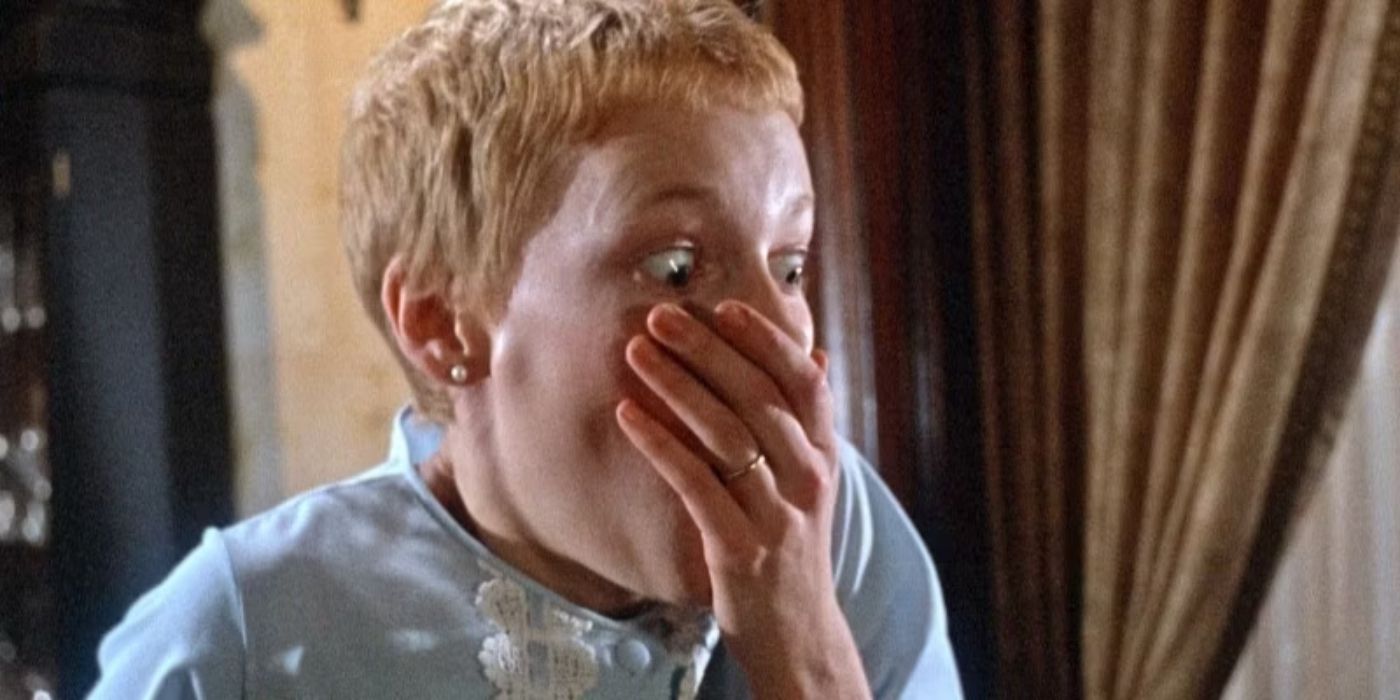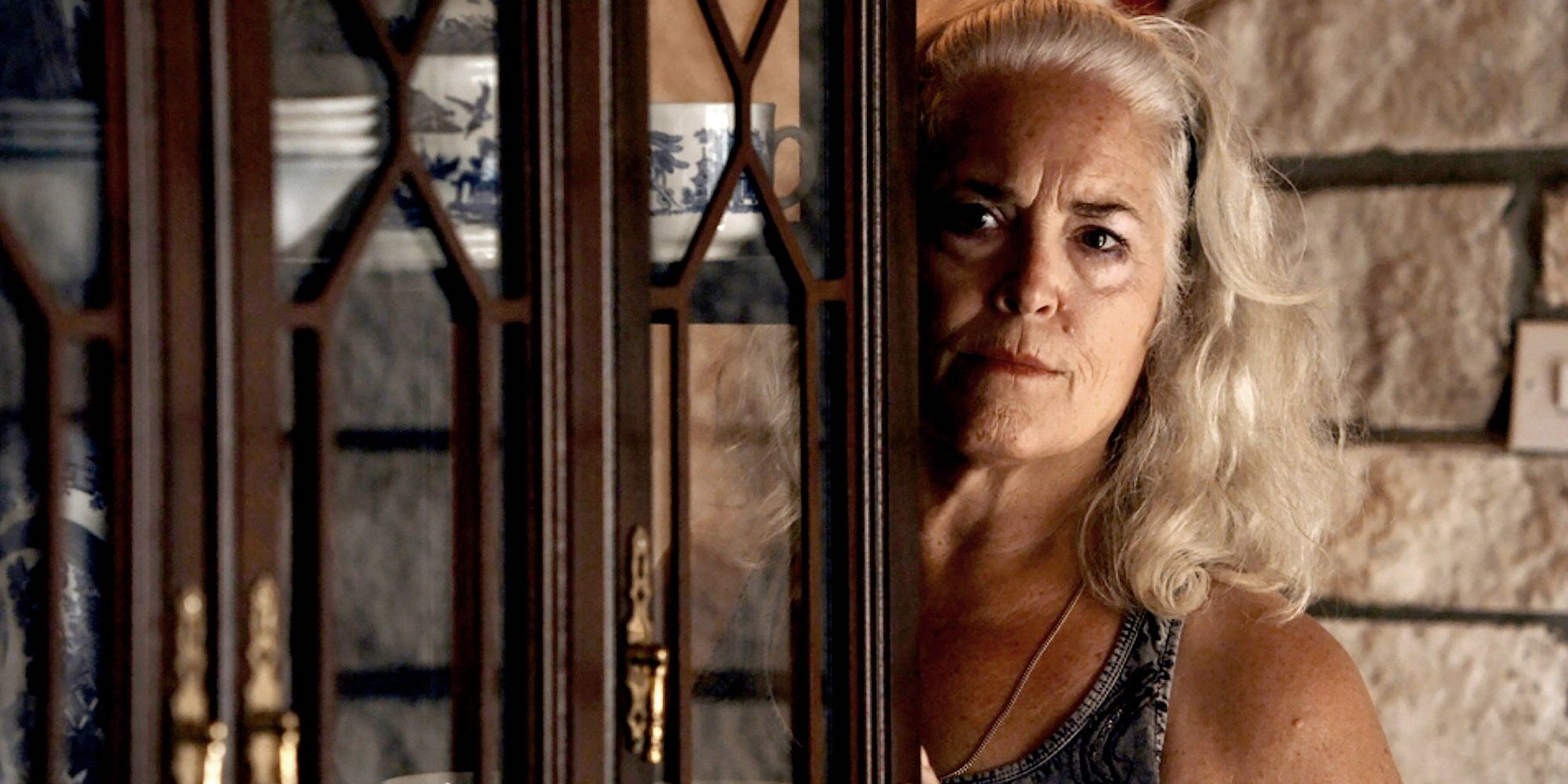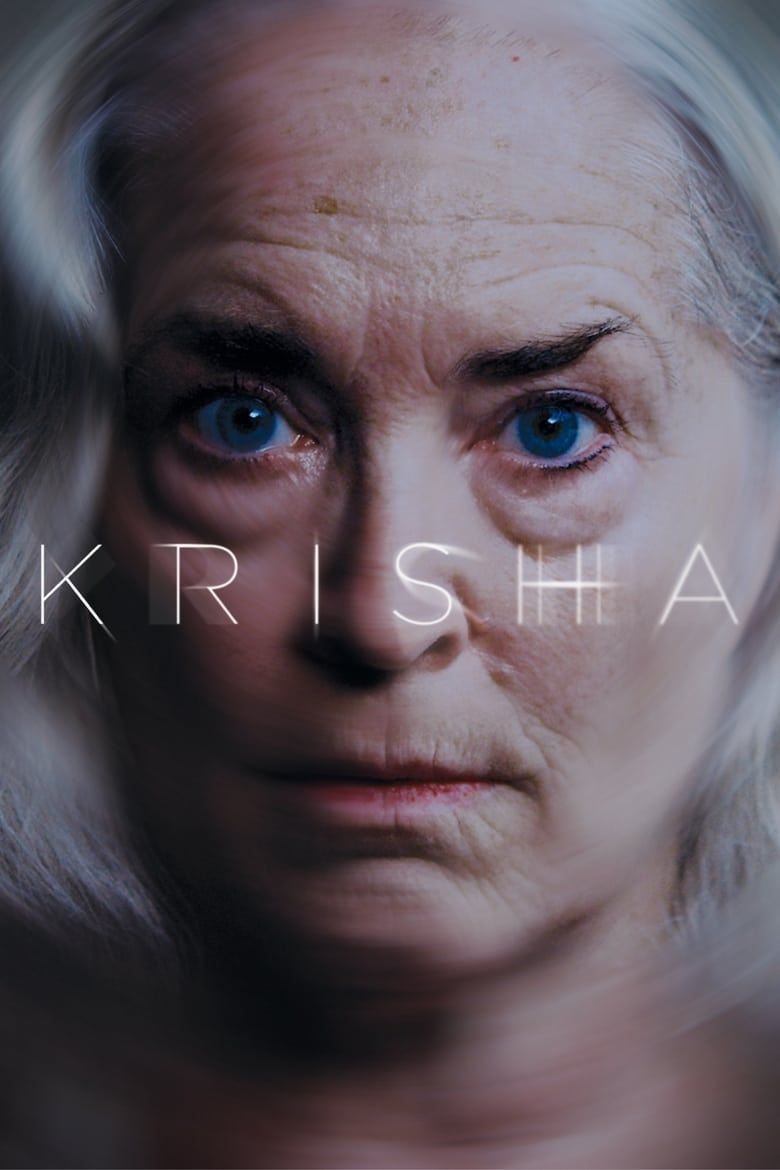Almost every holiday has a corresponding horror movie. Halloween has too many to count and there are several scary flicks to help celebrate Christmas, from Black Christmas to Silent Night, Deadly Night. Up until last year, there were limited servings for Thanksgiving-themed horror movies. Eli Roth‘s aptly titled Thanksgiving scratched that itch as a Black Friday massacre leads to a John Carver-masked killer exacting revenge over the holiday week. However, if you don’t want to be stuffed with slasher pilgrims or killer turkeys, another option is a film that uses a more realistic horror of the festivities that can be much scarier than any slasher or monster: a family reunion.
2015’s Krisha has family tension that bubbles like the pots on the stove before the pristine table gets stained and destroyed. A tragic and volatile performance from its main actress pulls you in deeper until you are as stuck in the turmoil as she is. Influences taken from psychological horror classics are just one way this A24 film becomes unsettling as one family’s Thanksgiving spirals into disaster. All of this comes from director Trey Edward Shults, who would go on to make 2017’s It Comes At Night, which has a more typical horror premise. Two years earlier, he made his directorial debut, Krisha, where he turned a family drama into a horror story.
What Is ‘Krisha’ About?
Krisha (Krisha Fairchild, playing a fictional character that shares her name) is a sixty-something-year-old woman visiting her estranged family on Thanksgiving. Her past with alcohol and drug abuse has strained her relationships with relatives, and she hopes to return for a new start. But failed attempts at reconnecting with anyone eat away at Krisha’s sobriety and threaten to bring the holiday crashing down for one of the worst family reunions put onscreen. From this premise alone, you might not think that Shults’ directorial debut is a horror film, but it doesn’t need traditional monsters or jump scares to be terrifying.
The artwork of the movie’s poster is horror-inspired with red splattered across an image of Krisha’s face that appears like blood — which is really just a large wine stain that hints at the consequences of her addiction. Everyone has made a mess with a drink before, but taking something conventional like spilled wine and transforming it to invoke a darker meaning is what Shults does throughout his film. He finds horror in everyday life, or in this case, a holiday that goes very wrong. There is as much dread here as there would be in a conventional horror movie, and it builds on-screen with the cinematography, score, and sound design that captures a troubled woman’s point of view.
‘Krisha’ Sticks the Audience into Chaos
There is a pressure cooker situation in the kitchen, which the camera forces you to watch in long takes. Krisha plans to reconcile with loved ones by taking up the responsibility of preparing the turkey. At one point, she loses sight of the timer for the bird as it cooks in the oven. The score underneath is more like the ticking of the missing timer, emphasizing the risk of burning and ruining the dinner’s main dish. The electronic soundtrack by Brian McOmber keeps the audience feeling uneasy. Other than the sound design or score, there is the noise from the people around Krisha too. She isn’t sure how to interact with her estranged family, where relatives talk over each other to the point it gets difficult to listen to one conversation, something Krisha is figuring out how to adjust to just as the viewers are.
Ultimately, the family is a factor in Krisha’s downfall. Her mother (Billie Fairchild), who suffers from Alzheimer’s Disease, is brought over, but she doesn’t remember her daughter, bringing an emotional reaction Krisha tries to hide. Trey (played by Shults), Krisha’s son whom she hasn’t seen in years, gives Krisha a cursory hug and sits down for a chat, but he hardly says much, bottling up his frustration and pain until he storms out. Then there’s brother-in-law Doyle (Bill Wise) who directly confronts this stranger in the house, as he tells her “You are heartbreak incarnate, lady.” The deeply uncomfortable family dynamics Krisha finds herself dealing with is an excellent source of dread, and what another A24 film did so well.

Related
The 10 Most Disastrous ‘Macy’s Thanksgiving Day Parade’ Mishaps
KERMIT, NOOOOO!!!!!!!!
In Hereditary, the spooky mythology that accumulates is creepy, sure, but Ari Aster’s directorial debut is much stronger when focusing on the decline of the Graham family as they turn on each other from grief and resentment. The disturbing subject matter injected into the family drama is horrifying because of how relatable it is — Toni Collette‘s blistering monologue is cruel and gut-wrenching — something the demon cult can’t compete with. Krisha doesn’t have the extra helping of the supernatural; instead, it zeros in on that portion of Hereditary where the Grahams tear each other apart. A reason why it feels so personal isn’t just that Shults’ film is locked into Krisha’s POV as the outsider. The story came from real pain endured by the filmmaker and his own family.
Director Trey Edward Shults’ Feature Debut Is Based on Memories
Shults was interviewed by Paste Magazine where he talked about using personal memories for the script. “When my cousin relapsed at our family reunion, I couldn’t move because I was terrified,” he said, “I have a history with my dad, and addiction, and it felt like a horror movie. The tension was unbearable.” All the disorientation Krisha puts the audience through is to create the sensation that something bad will happen — it’s only a matter of when. The authenticity Shults wanted to depict is also why he cast several family members as fictional relatives, put himself in a key role, and had his aunt play the titular role. Home is where the horror resides, and to further this point, Shults went beyond using traumatic memories and real-life family. The director was also influenced by two horror movies that used slow-burn dread and domestic fears to scare viewers for decades.
How Stanley Kubrick’s Horror Classic Influenced ‘Krisha’
In the same interview with Paste, Shults mentioned he watched The Shining and Rosemary’s Baby before he began filming. “I love when people say Krisha’s like a horror movie,” he said. “It’s not, but I dig that, because I like the idea of taking this setup, like a Thanksgiving reunion movie that sounds like a clichéd thing you’ve seen a million times, and the last thing you’re gonna think is that moments are gonna feel like a horror film.” It’s equal parts family drama and character study, but it’s not hard to see the eerie influence he pulled from The Shining. The opening of Krisha is a lingering close-up shot of the titular woman’s face where the camera slowly zooms into her distraught expression, not unlike the haunting stare of Jack Torrance (Jack Nicholson).
The score of The Shining is something Krisha has in common for how it turns mundane scenes into sinister moments without obvious danger in sight. The drive to the Overlook or a walk in the hedge maze is tense from the creepy score that plays underneath; Shults uses Brian McOmber’s soundtrack in the same way. Even if the overall stories are very different, both films heavily center on the erosive nature of addiction. It should go down as one of Nicholson’s best performances, even if Stephen King was angered that it removed any sympathy for Jack Torrance that was in his novel. Nevertheless, it was an effective change.
Jack hates his family at the start, and he just needs the right conditions to let his rage out, which the Overlook provides. He would much rather satisfy himself with alcohol than become a loving father. Similarly, Krisha’s sobriety is at risk of relapse since her arrival, with the hidden stash of pills we see among her belongings serving as the Chekhov’s Gun. It’s a different object with the same intent. Although it’s not confirmed whether it’s a form of self-control or if she was never sober, she will inevitably revive her addiction for what promises to be a terrible outcome. What seems to be the most clear example of the influences Shults took from the horror classics is how they trap the characters and offer no safety from the ones they thought they could trust.
What ‘Krisha’ Borrows From ‘Rosemary’s Baby’ and ‘The Shining’
Claustrophobia is rampant in all three movies. A snowbound Overlook Hotel keeps the Torrance family inside the haunted rooms, the Bramford apartment building traps Rosemary (Mia Farrow) among dangerous tenants, and Krisha is confined to her family’s house. No one is physically trapped in Shult’s film, but other than a shot of the surrounding neighborhood early on, the entire film takes place inside or within the fenced property. The family-centric holiday is what holds them in place. Bad weather or Satan-worshipping neighbors don’t imprison Krisha indoors, but the camera isolates her from everyone else as she’s framed from behind the bars of a stairwell or the opposite side of a window panel.
Trey Edward Shults then subverts the domestic fears of Rosemary’s Baby and The Shining. Rosemary discovers her husband traded her body for a pact with the Devil. Jack gleefully tries to hunt down his wife and son. In a departure from either horror classic, Krisha has none of Jack Torrance’s toxic masculinity and none of Rosemary’s naivety as a young, expecting mother. Krisha is an older woman who can have a temper when she grows frustrated or descends into self-destruction. She craves acceptance and is right to feel out of place, but she can’t expect to be forgiven so quickly. For it to take one day to heal what has festered over years is a plan that was always going to fail.
This A24 Film Escalates Family Drama Into Thanksgiving Horror
There is more than one way to ruin a Thanksgiving dinner. Krisha doesn’t have a kill count like a bloodier, more recent Thanksgiving horror entry. In Eli Roth’s slasher, the John Carver killer carefully sets a table for his victims to be posed around, with not every corpse left intact. The brutality splashes gore across the holiday’s custom of a family gathering for the central meal. Slasher-free, the realism in Krisha makes the finale bleak. The pain her relatives feel is valid, and a similar “horror” movie could be made out of any one of their POVs, especially Trey’s.
A scary personality shift lets Krisha Fairchild deliver an intense performance when her character’s darker self comes out. There is a shot where Krisha peeks out from behind the fridge, half of her face seen, with a frightening expression as she stares at her son, desperate for him to forgive her. Uncontrollable, she lashes out at her family, bringing the holiday to a grim conclusion.
Halloween and Christmas remain the popular holidays for bad things to happen. Pumpkins may rot, but there are no signs of decay in the legacy of John Carpenter‘s 1978 slasher. A demonic clown buries an axe into victims on his “naughty” list in the Yuletide-set Terrifier 3. But these holidays shouldn’t put the cap on where mayhem thrives. After all, bad a Thanksgiving with family can take many forms. On TV, Community had a hard-hitting episode with a painful storyline involving an absentee father. In the movies, there are campy and grisly entries, but don’t let this A24 film go unnoticed. No slashers, spirits, or Devil worshipers infiltrate the house that Krisha is set in; what resides there is the darkness of addiction and how it can destroy families.
Krisha is available to rent on Amazon.
Rent on Amazon

